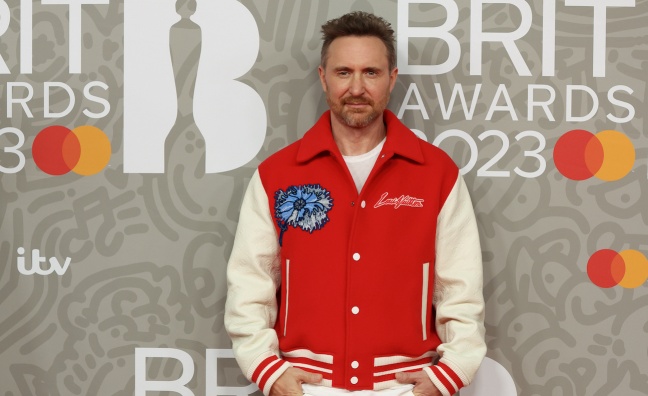From press outlets dissecting articles written entirely by ChatGPT to David Guetta deploying a deepfake Eminem verse in a new song, it’s been impossible to ignore the headlines surrounding artificial intelligence of late.
Now, as someone whose childhood years were partly defined by watching Terminator 2 a very healthy three or four times a day, I should be predisposed to fear any innovation that could one day lead to our annihilation at the hands of our robot overlords.
While I still vividly remember the curdling feeling in my stomach the first time I heard Drowned In The Sun – an AI programme’s attempt at writing a Nirvana song in 2021 – oddly, I’m not especially fearful of the changes we’re seeing right now. And no, ChatGPT did not write that last bit for me.
What’s been occupying my thoughts lately is not so much what human artistic expression may be surrendering to AI, but rather what has already been lost without even taking it into account. Over many years we’ve all heard artists, songwriters, managers, executives, producers, cultural critics and more – and at all ages and levels of experience – airing their grievances about some of the perceived strictures on creativity these days.
If you buy into these regular criticisms, you soon start to question what the real difference is between a machine learning how to sound like a human, and a human learning to sound like an algorithm.
You soon start to question what the real difference is between a machine learning how to sound like a human, and a human learning to sound like an algorithm
At least from my own personal experience of interviewing people from all sides of the music industry, many establish a common ground in bemoaning how many chart hits sound so similar, so beholden to the sonic dictates of the ruling algorithms or social media consumption habits. Others cite how cloyingly pristine every mix is now, with all rough edges and vocal quirks Auto-Tuned into an inoffensive sheen. Where, they ask, are the imperfections? Where is the humanity in the actual sounds being produced?
You may agree with some of those recurring critiques. You may well vehemently disagree with all of them. Either way, it’s a discussion that’s been put into sharp focus in an age of AI artists getting signed to record labels and deepfake tracks from dead superstars.
Yes, a lot of people will spend time worrying if AI technology is stripping the humanity out of music in the coming months. But for now at least, I think we need to be less focused on computer programmes imitating our artists, and altogether more concerned about artists being conditioned to behave like machines.
PHOTOS: JMEnternational









